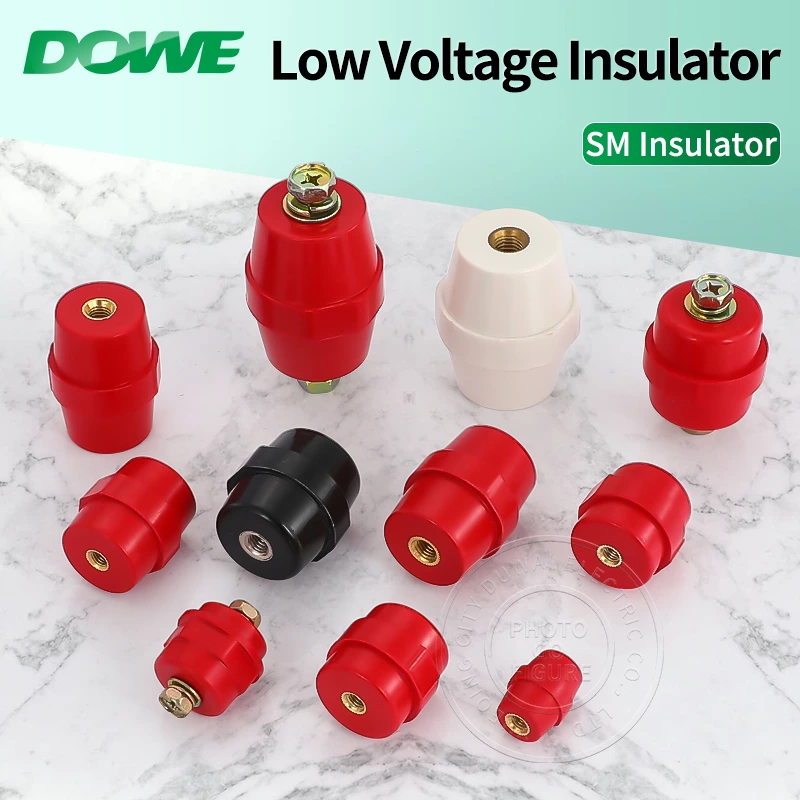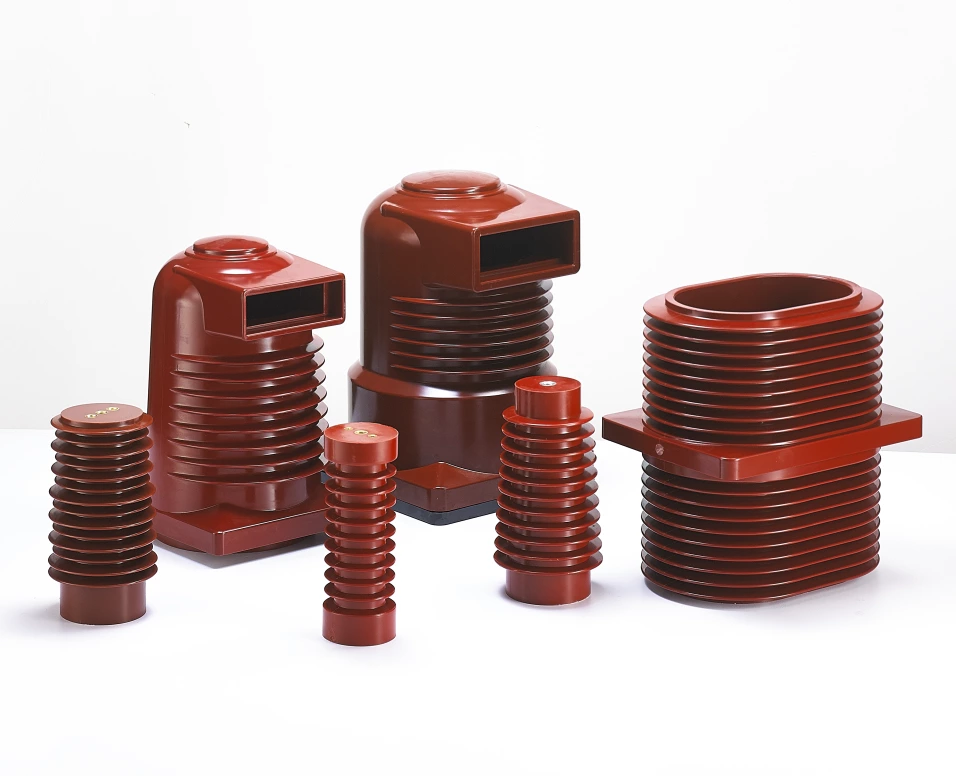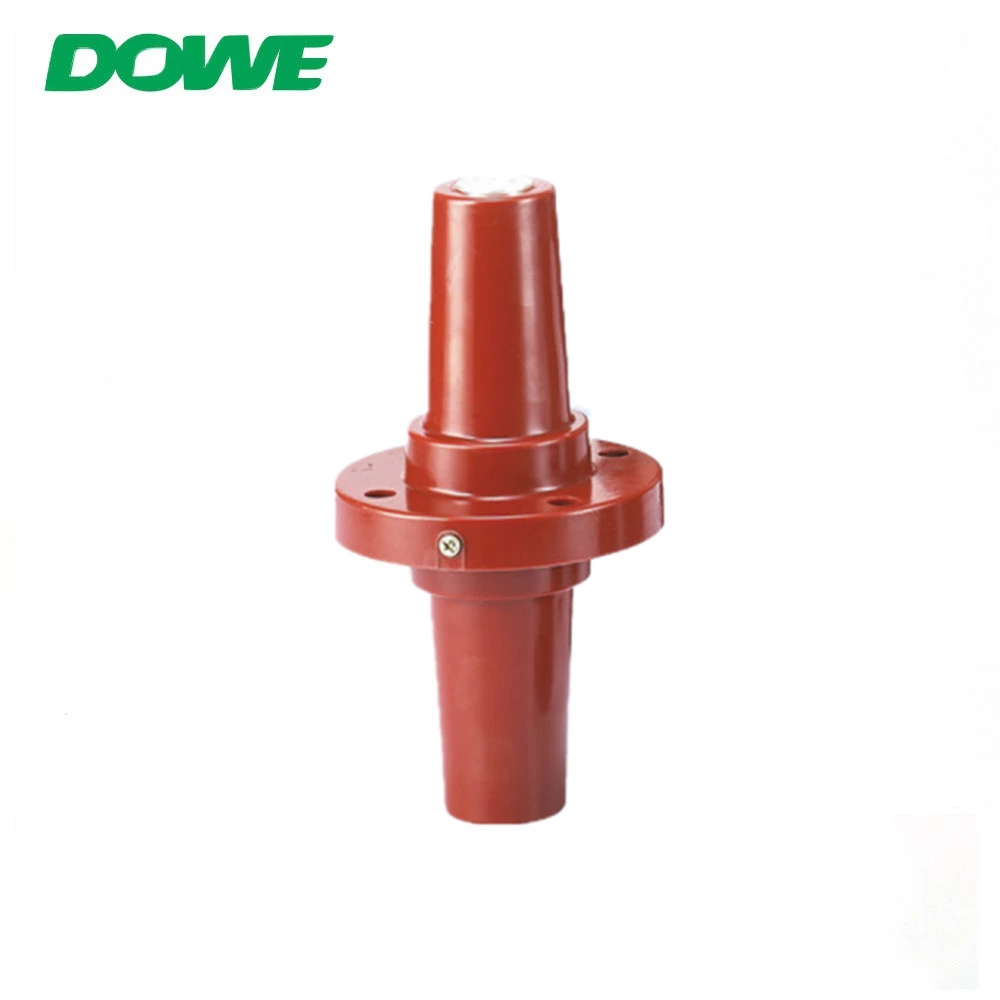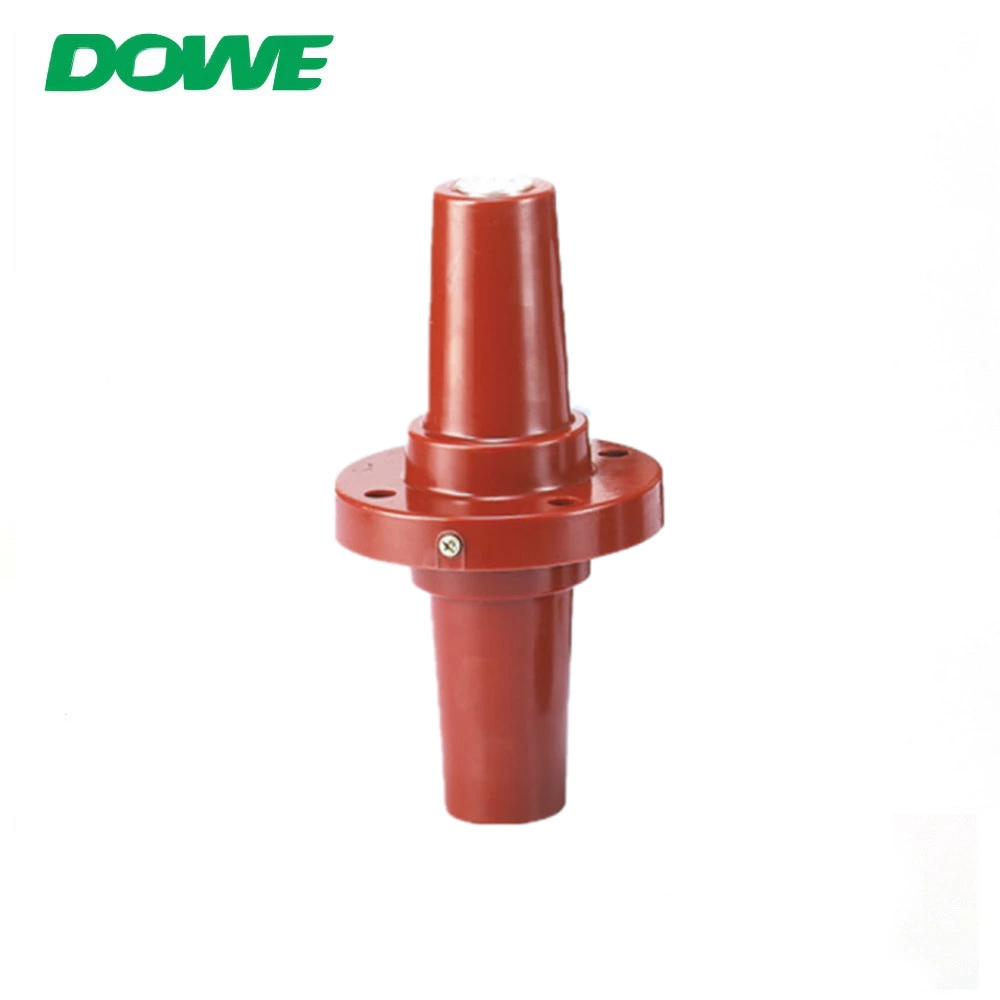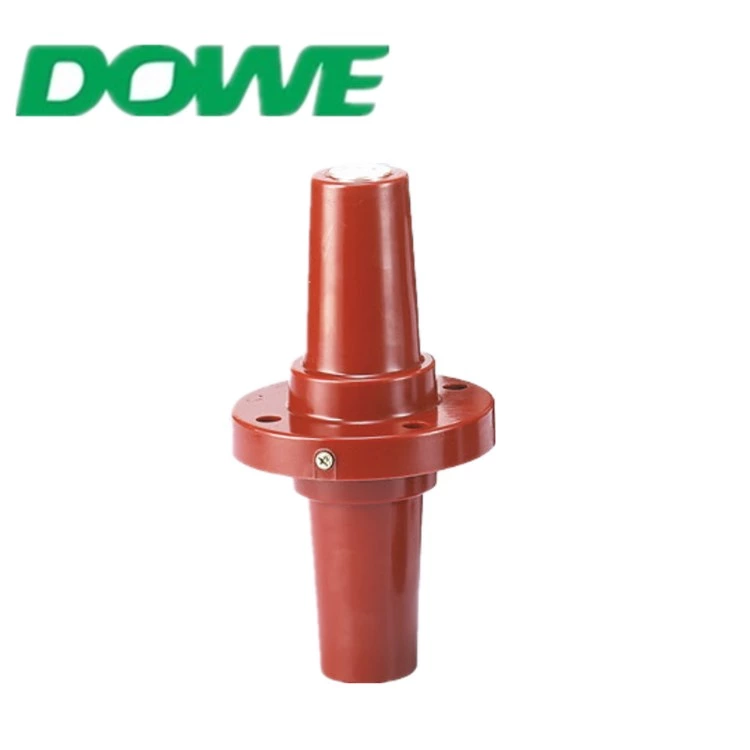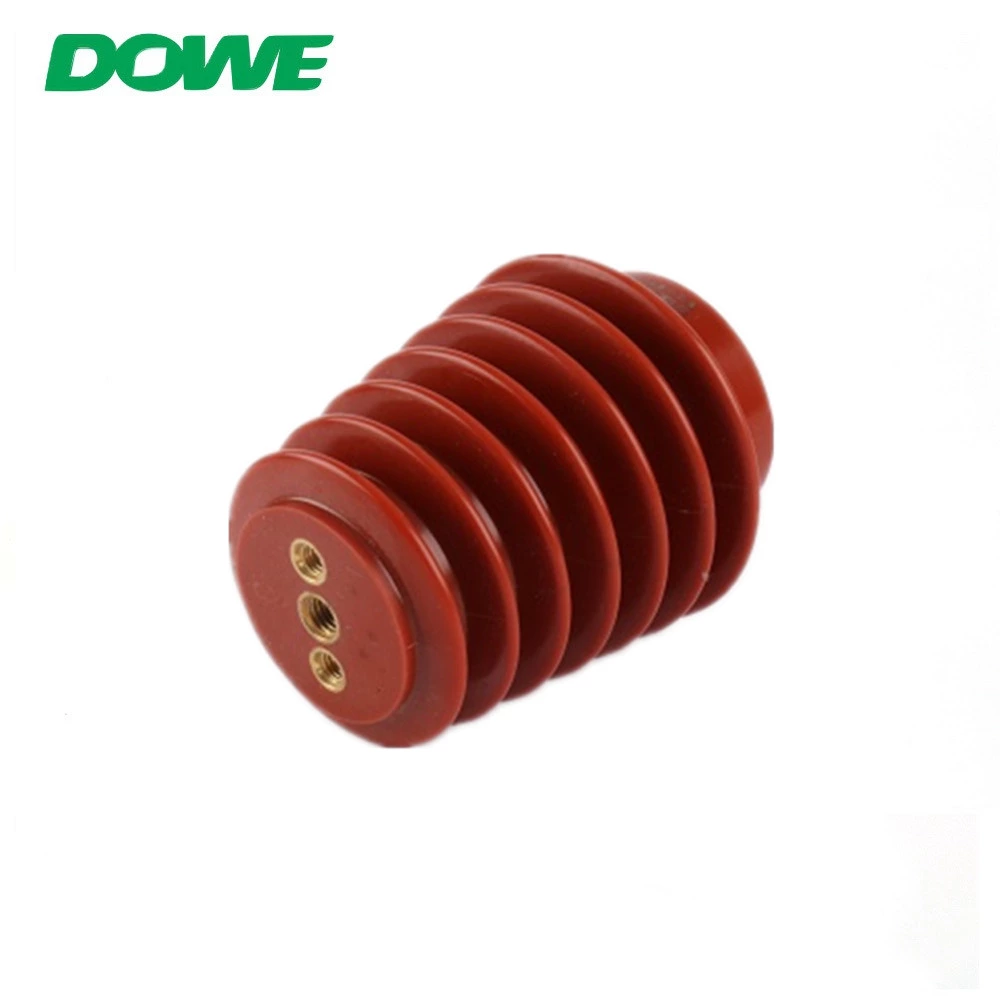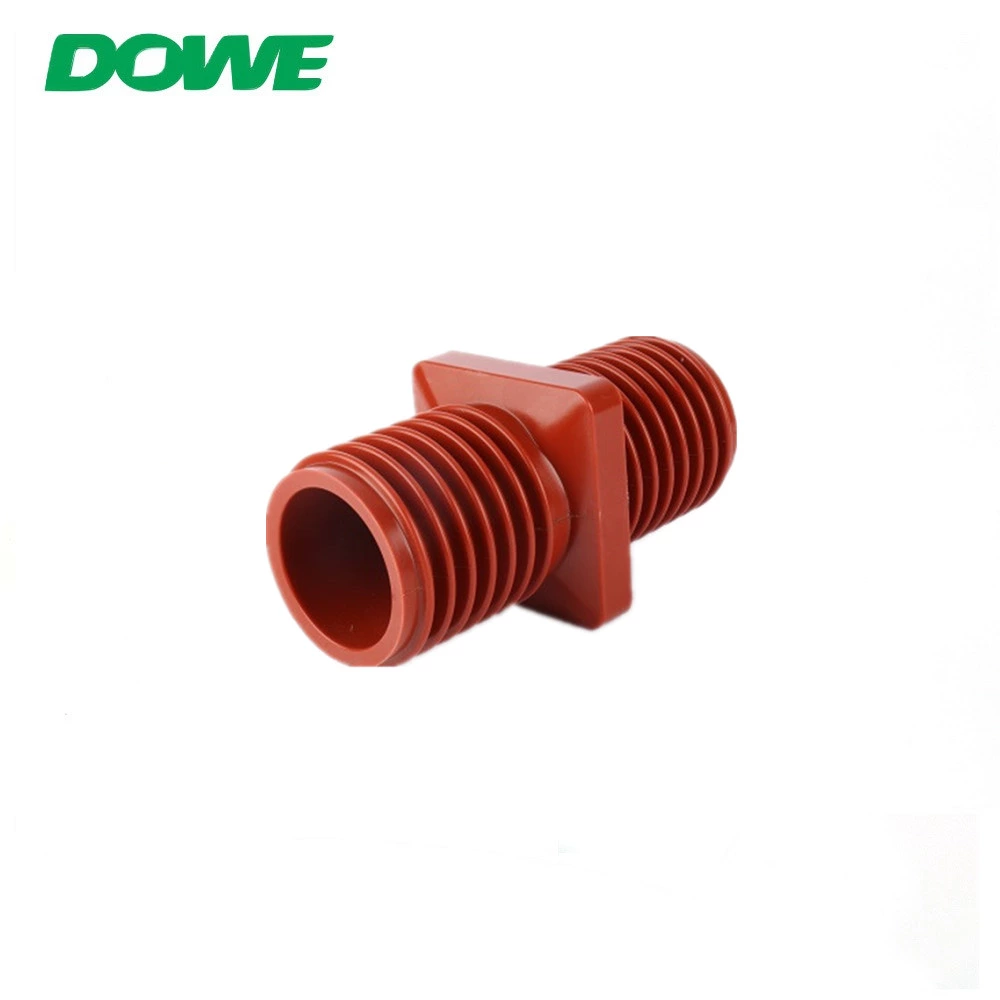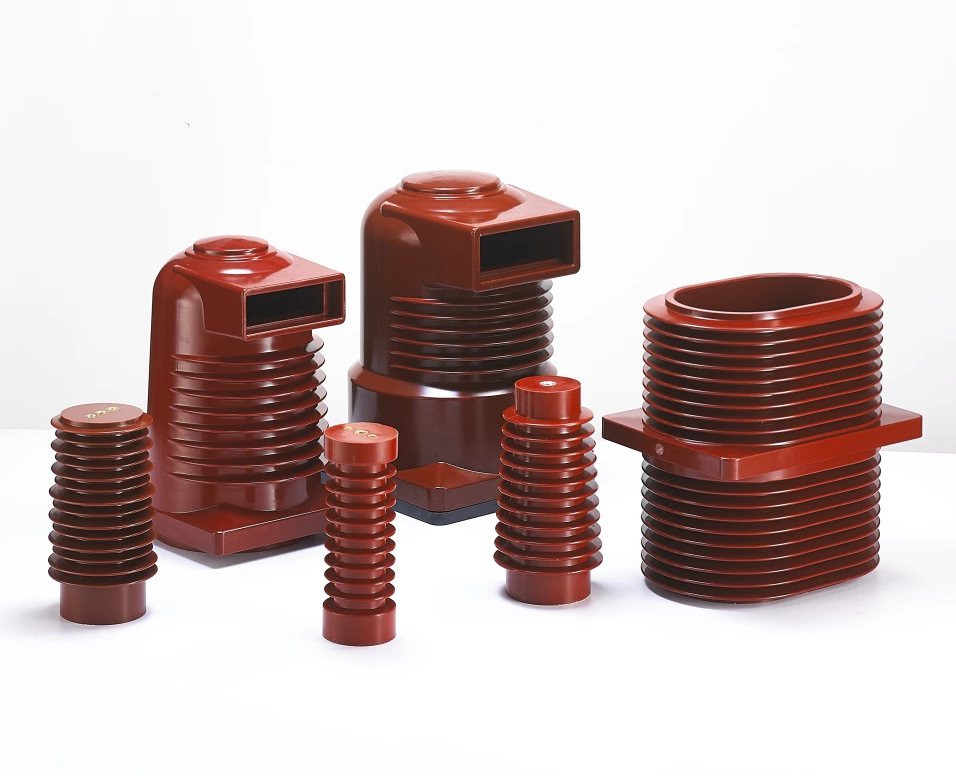How to Choose Between Porcelain and Composite Busbar Insulators for Your Needs?
Choosing the right busbar insulator1 can be challenging. I understand the confusion between porcelain and composite options.
Porcelain and composite insulators each have unique benefits depending on your specific needs.
Let me share how you can make the best choice for your business.
[Table of contents]
- Why Porcelain Insulators?
- Why Choose Composite Insulators?
- Cost Comparison Between Porcelain and Composite
- Durability and Maintenance Considerations
- Which Insulator is Best for Your Application?
- Conclusion
Why Porcelain Insulators?
Porcelain insulators have been a reliable choice for many years. I find their durability impressive in various environments.
Porcelain insulators offer high strength and excellent performance under extreme conditions.
I remember a project where porcelain insulators proved their worth during harsh weather.

Strength and Durability
Porcelain insulators are known for their robustness. They can withstand heavy mechanical stress and harsh weather conditions.
Electrical Performance
They provide superior electrical insulation, reducing the risk of outages and ensuring consistent performance.
| Feature | Porcelain |
|---|---|
| Material | Ceramic-based |
| Durability | High |
| Electrical Insulation | Excellent |
| Maintenance | Low |
Why Choose Composite Insulators?
Composite insulators are gaining popularity due to their lightweight and flexibility. I appreciate their modern design and ease of installation.
Composite insulators are lightweight, reducing the load on structures and simplifying installation processes.
In one instance, using composite insulators significantly lowered our installation time and costs.

Weight Advantages
Composite insulators are much lighter than porcelain, making them easier to handle and install, especially in large-scale projects.
Weather Resistance
They perform well in polluted environments and resist vandalism, thanks to their robust outer materials.
Flexibility in Design
Composite insulators come in various shapes and sizes, allowing for customization to fit specific project needs.
Cost Comparison Between Porcelain and Composite
Cost is a crucial factor in decision-making. I often evaluate both upfront and long-term costs when choosing insulators.
Porcelain insulators generally have a higher initial cost but offer long-term durability, while composite insulators are more cost-effective upfront.
Understanding the total cost of ownership2 helps in making an informed choice.
Initial Investment
Porcelain insulators require a larger initial investment due to their material and manufacturing process.
Long-Term Savings
Their durability can lead to lower maintenance and replacement costs over time.
| Aspect | Porcelain | Composite |
|---|---|---|
| Initial Cost | Higher | Lower |
| Maintenance Cost | Lower | Potentially Higher |
| Longevity | Longer | Comparable |
| Total Cost Over Time | Balanced3 | Cost-Effective |
Durability and Maintenance Considerations
Durability is essential for ensuring the longevity of your electrical systems. I prioritize insulators that require minimal maintenance.
Porcelain insulators are highly durable with minimal maintenance needs, whereas composite insulators may need more frequent inspections.
Selecting the right insulator can reduce downtime and maintenance efforts.
Environmental Impact
Porcelain insulators perform well in extreme temperatures and resist UV degradation, ensuring long-term reliability.
Maintenance Requirements
Composite insulators might need regular checks for wear and tear, especially in high-stress environments.
Repair and Replacement
Porcelain insulators are less likely to require repairs, while composite insulators offer easier replacement options due to their modular design.
Which Insulator is Best for Your Application?
Choosing the right insulator depends on your specific application and requirements. I consider factors like environmental conditions, load demands, and budget constraints.
Assessing your project needs helps determine whether porcelain or composite insulators are the better fit for optimal performance and cost-efficiency.
Let’s explore how to align your needs with the right insulator choice.
Application Requirements
Different applications may benefit more from one type of insulator over the other based on load and environmental exposure.
Budget Constraints
Balancing initial costs with long-term savings is key to making a sustainable choice.
Performance Expectations
Ensuring the insulator meets performance standards and certification requirements4 is crucial for reliability.
| Factor | Porcelain | Composite |
|---|---|---|
| Best For | High-load, harsh environments | Lightweight, flexible installations |
| Cost Efficiency | Long-term savings | Short-term cost benefits |
| Installation Ease | Heavier, requires more effort | Easier and quicker installation |
| Environmental Suitability | Extreme weather conditions | Polluted or vandal-prone areas |
Conclusion
Choosing the right insulator depends on your specific needs and project requirements.
-
Learn more about busbar insulators and their applications. ↩
-
Explore the total cost of ownership for busbar insulators. ↩
-
Gain insights into the long-term cost benefits of different insulator types. ↩
-
Understand the global certification standards for insulators. ↩

